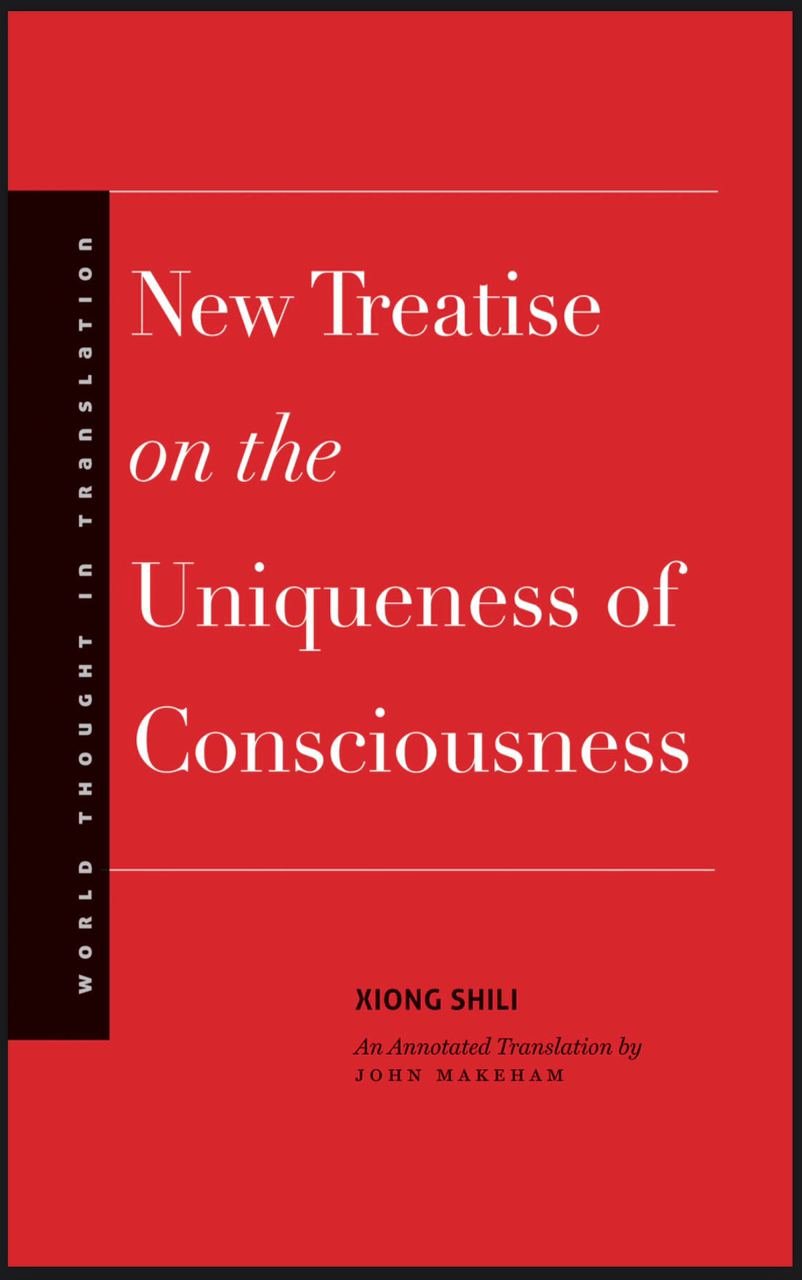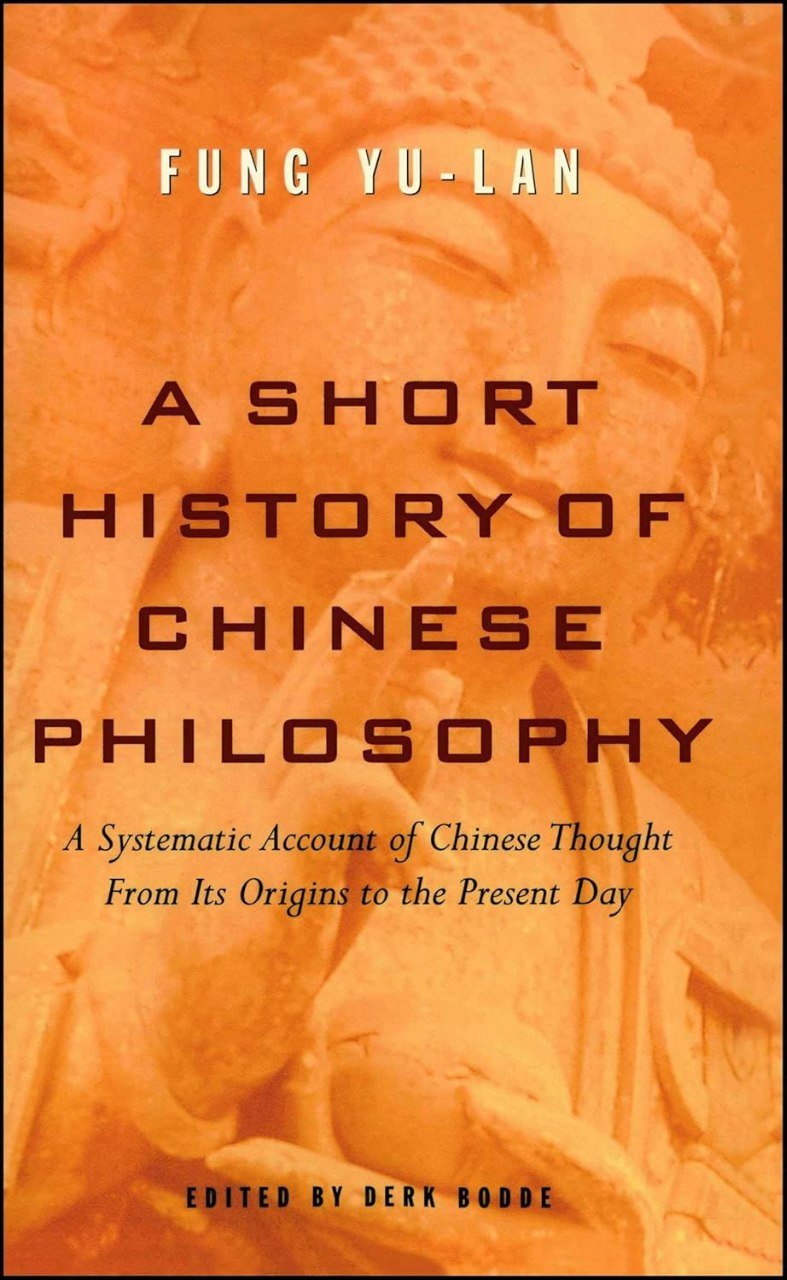

State of Exception by Giorgio Agamben
Reviews
No review yet. Be the first to review this book!
Description
State of Exception Author: Giorgio Agamben In State of Exception, Giorgio Agamben examines a concept fundamental to modern political theory and practice: the "state of exception." Drawing on Carl Schmitt's theory, Agamben argues that the suspension of law—typically reserved for extraordinary circumstances like war or national emergency—has increasingly become a normalized and permanent feature of governance in contemporary states. Agamben traces the history of the state of exception from Roman law, where the concept of iustitium allowed for the suspension of normal legal order during times of crisis, to its deployment in modern democracies. He shows how what was once a temporary measure has morphed into an enduring state of governance, where the distinction between democracy and absolutism becomes blurred. Central to Agamben’s analysis is the idea that the state of exception places individuals in a "zone of indistinction" between law and life—where the law applies by suspending itself, and where individuals can be subjected to power without legal protection. He explores how modern states of emergency, such as those declared during times of terrorism or public health crises, expose the vulnerability of constitutional rights and civil liberties. Agamben draws parallels between these situations and the legal-political frameworks of concentration camps, where human life is stripped of legal status and reduced to "bare life" (homo sacer). State of Exception is part of Agamben’s larger project, Homo Sacer, which investigates the relationship between law, sovereignty, and life. This text critiques how legal systems manipulate crises to expand executive power, eroding democratic institutions in favor of unchecked authority. Agamben’s work is both theoretical and politically urgent, offering a critique of contemporary governance and a warning about the fragility of legal and civil protections in the modern state.
























.jpg)

.jpg)

.jpg)
.jpg)

.jpeg)


.jpeg)








.png)

















.jpeg)

.jpg)

.jpeg)








.jpeg)


.jpg)








.jpg)




.jpg)















































